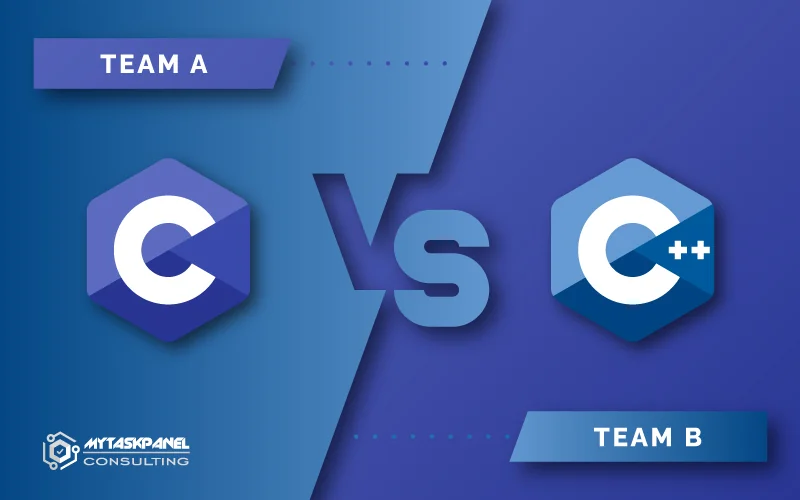C and C++ are two very popular programming languages in the software industry. Although they share some similarities since C++ is a language derived from C, they also have important differences. In this article, we will tell you the main differences between C and C++.
C: features and utilities
C is a low-level, general-purpose programming language. It allows you to write efficient, high-performance programs that can run on a wide variety of operating systems and platforms.
It is also a structured language. It is divided into small logical pieces called functions, which perform specific tasks and can be combined to form larger, more complex programs. C is also a language whose written programs must be compiled before they can be executed.
C is a very popular language for writing operating systems, underlying software, device drivers, certain kinds of desktop applications, and simple games. Furthermore, it is one of the most widely used programming languages in teaching computer programming due to its clarity and efficiency.
Due to its nature, it is not a programming language that is used to develop commercial applications.
C++: features and utilities
C++ is a general-purpose programming language, which is based on the C language and characterized as an object-oriented language. It combines the efficiency and power of the C language with the flexibility and abstraction of object-oriented programming.
Like C, C++ is a low-level, compiled language that provides direct control over computer hardware, making it ideal for programming operating systems, underlying software, and device drivers. It is also a portable language that can be compiled and run on different platforms and operating systems.
C++, as well as C, is not a programming language that is used for the development of commercial applications.
Differences between C and C++
C and C++ are two different programming languages, with some similarities. Here are some of the main differences between C and C++:
- Libraries. C++ has a wide variety of libraries and tools available that make it easy to develop large-scale and complex applications. In contrast, C has a more limited standard library.
- Operator overload. C++ allows programmers to overload operators like +, -, *, /, etc. This makes it possible to create custom data types and provides greater flexibility and expressiveness in writing code, whereas C does not have this functionality.
- Memory management. In C++, memory management is the responsibility of the programmer, who must manually allocate and free the memory used by his program. In C, memory management is simpler, because it is not necessary to free the memory used by global and static variables.
- C compatibility. C++ is compatible with C, which allows programmers to use C code in C++ programs. However, C code does not support all the features of C++.
- Compilation. The C++ compiler process is more complex than C, as the C++ compiler must perform additional tasks to support object-oriented programming.
In summary, although C and C++ share some similarities, C++ is a more advanced and complete programming language. It offers support for object-oriented programming, operator overloading, a larger standard library, and more complex memory management, while C is simpler and better suited for smaller-scale, less complex applications.
In conclusion, C and C++ are two different programming languages, each with its advantages and disadvantages. By understanding the differences between C and C++, you can choose the right language for your specific needs and achieve a more efficient and scalable result.










